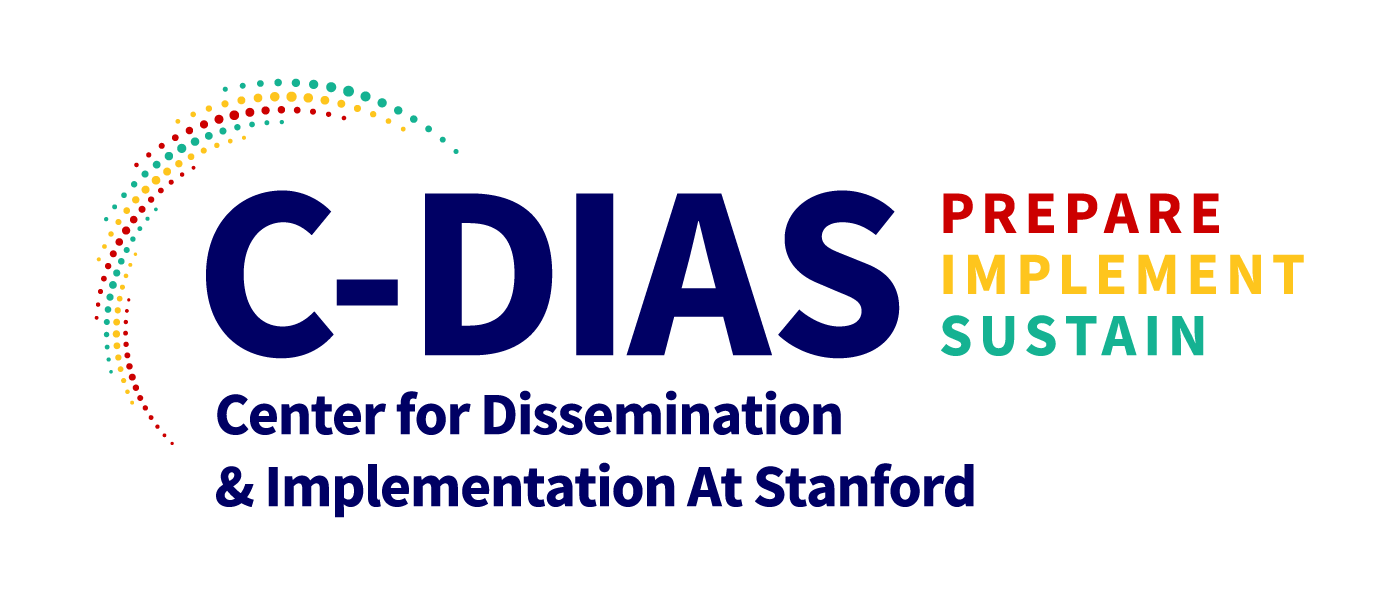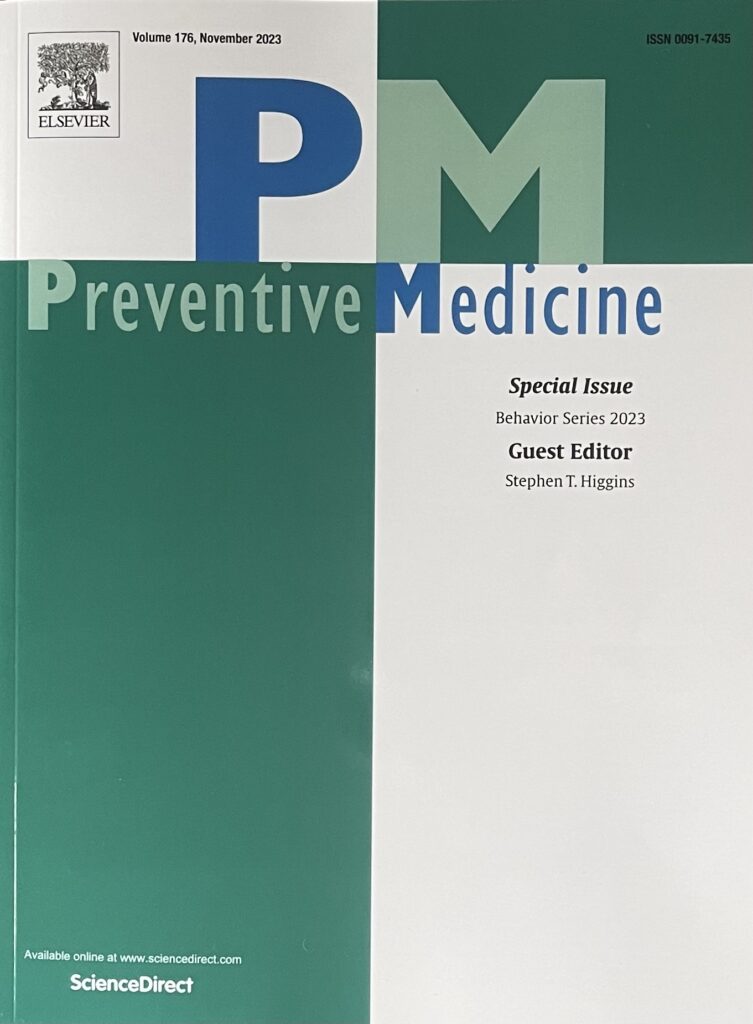Posts by Saman
Understanding and Applying the HIV Self-Test Program Preferences of Black and Latino Sexual and Gender Minorities in the Southern United States: An Online Discrete Choice Experiment with Patients and CFIR Interviews with Providers
John Guigayoma, PhD | April 29, 2025 : Black and Latino sexual and gender minorities in the Southern United States have experienced the greatest burden of HIV for the past 25 years. HIV self-testing is an effective strategy to identify individuals living with undiagnosed HIV, but little implementation research is known about which program characteristics…
Read MoreFrom glitter to gold: Recommendations for effective dashboards from design through sustainment
Fernanda Sequeira Rossi, PhD | May 6, 2025: Dashboards—tools that compile and summarize key performance data—have become increasingly utilized for supporting data organization and decision-making processes across various fields, such as business, economics, healthcare, and policy. The dashboard’s impact is dependent on its use by the individuals for whom it was designed. Yet, few studies…
Read MoreModel-driven decision support: A community-based meta-implementation strategy to predict population
Purpose: Standard tools for public health decision making such as data dashboards, trial repositories, and intervention briefs may be necessary but insufficient for guiding community leaders in optimizing local public health strategy. Predictive modeling decision support tools may be the missing link that allows community level decision makers to confidently direct funding and other resources…
Read MoreOverdose deaths before, during COVID-19 pandemic in U.S. county
Globally, overdose deaths increased near the beginning of the COVID-19 pandemic, which created availability and access barriers to addiction and social services. Especially in times of a crisis like a pandemic, local exposures, service availability and access, and system responses have major influence on people who use drugs. For policy makers to be effective, an…
Read MoreContinengency management needs implementation science
The gap between the evidence for contingency management (CM) and patients’ ability to access it is so dire that, in Fall of 2021, the New York Times ran an article titled, ‘This addiction treatment works. Why is it so underused?’ The article elucidated the myriad of barriers that limit widespread access to CM in the…
Read MoreEffective, but underused: lessons learned implementing contingency management in real-world practice settings in the United States
Despite being one of the most effective adjunctive behavioral interventions in combination with medication for opioid use disorder, contingency management (CM) is one of the least available interventions in opioid treatment programs. This paradoxical state of affairs is perhaps the greatest example of the research-to-practice gap in the behavioral health field. Implementation science, a discipline…
Read MoreImplementing contingency management for stimulant use in opioid treatment programs: protocol of a type III hybrid effectiveness-stepped-wedge trial
Contingency management (CM) is an evidence-based intervention for stimulant use and is highly effective in combination with medication for opioid use disorder. Yet, uptake of CM in opioid treatment programs that provide medication for opioid use disorder remains low. This paradox in which CM is one of the most effective interventions, yet one of the…
Read MoreEnhancing Data Driven Approaches to Recovery Monitoring via Measurement Based Care Co-Design and Implementation
Kelli Scott, PhD | February 25, 2025 : Measurement-based care (MBC) involves the systematic evaluation of client treatment progress and the use of progress data to inform treatment planning. Although MBC is an evidence-based practice that has been widely studied in behavioral health settings, there is a dearth of research exploring its potential to monitor…
Read MoreLessons Learned in the Development of De-Implementation Strategies to Address Mammography Overscreening Among Older.
Rachel Shelton, ScD, MPH and Nathalie Moise, MD, MS | February 11, 2025 : There is a need and opportunity to advance the science of de-implementation. Mammography screening among women 75 and older presents a robust area for inquiry related to de-implementation, as routine screening can lead to potential harms (e.g., overdiagnosis, overtreatment) while health benefits…
Read MoreThe Longitudinal Implementation Strategy Tracking System (LISTS): Lessons Learned from Applying the Method and New Online Tool
JD Smith, PhD and James Merle, PhD | February 18, 2025 : Documenting and tracking the dynamic changes to implementation strategies over time is crucial for advancing implementation science. Several methods for tracking strategies have been proposed recently, underscoring the importance of continued development of methods to accurately assess and monitor which strategies are used,…
Read More



